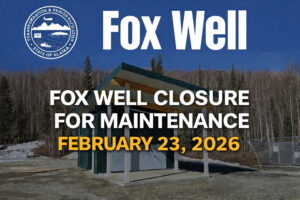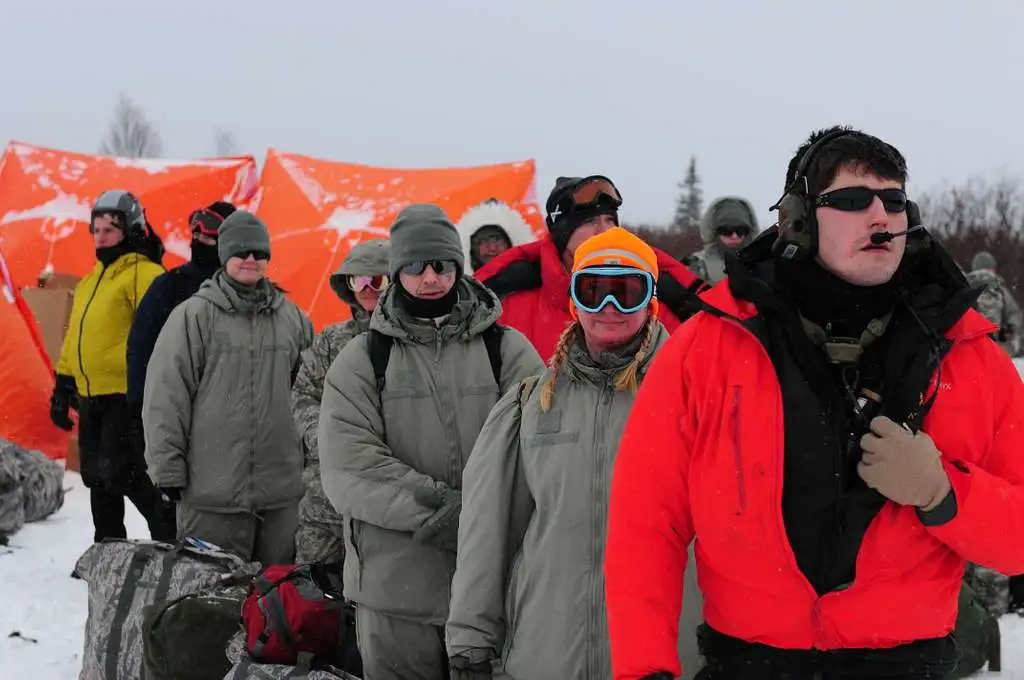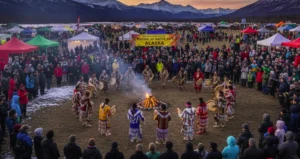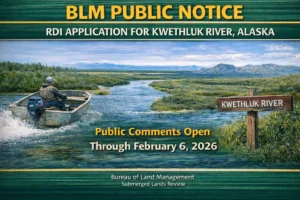The Alaska issues are interconnected and can compound the daily lives of Bethel’s citizens. Addressing these challenges will require a comprehensive approach involving local, state, and federal governments, community organizations, and initiatives.
Alaska Issues Faced by the Citizens of Bethel:
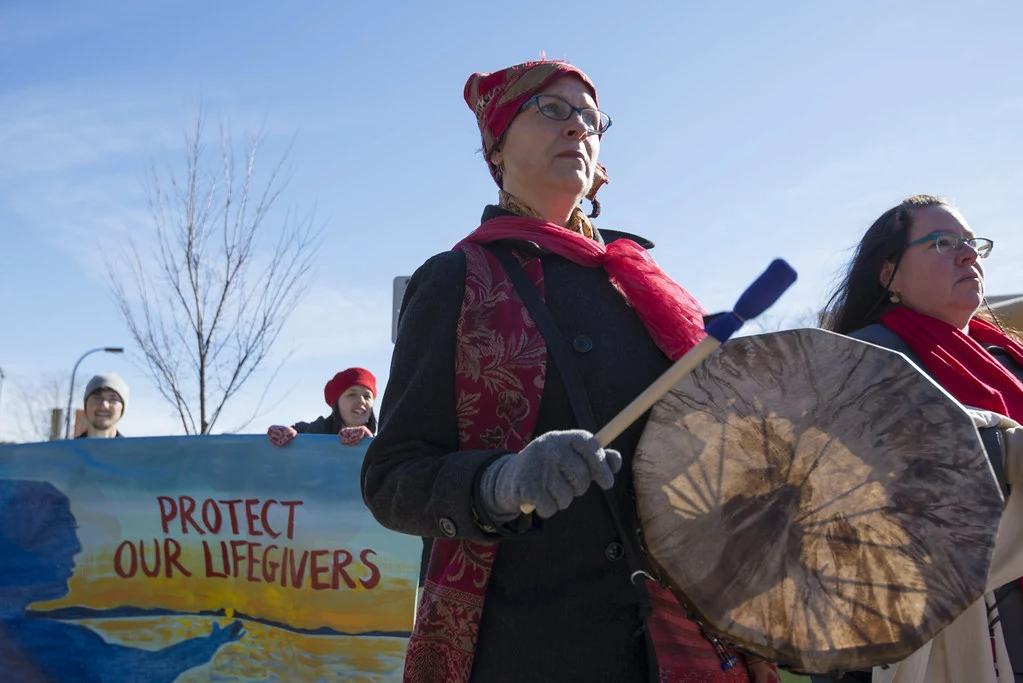
Missing and Murders:
Bethel has a significant population of Alaska Native residents, with at least 80% of the Y-K Delta population identifying as such. This community has been disproportionately affected by the crisis of missing and murdered Indigenous peoples, with many residents having experienced sexual violence and other forms of trauma.
Rural Lawmaking and Local Issues:
Rural lawmakers in Alaska, including those from Bethel, often prioritize local Alaska issues over party interests. This is due to rural communities’ unique challenges, such as high poverty rates. In 2022, 15.9% of residents lived below the poverty level, significantly higher than the statewide average of 11.0%. This trend persists, with 12.6% of Bethel residents having an income below the poverty line compared to 11.0% across Alaska.
Poverty is especially prevalent among vulnerable populations, with 23.8% of disabled residents and 15.5% of children in Bethel living below the poverty level, exceeding state averages. Lawmakers must navigate the complexities of supporting their constituents while working within the broader political landscape.
Natural Disasters and Flooding:
Bethel and surrounding communities have experienced significant flooding due to the spring thaw of river ice and snowmelt. This has resulted in homes being inundated, communities being partially or entirely submerged, and disruptions to essential services like sewage systems. The state government has responded with disaster declarations and emergency aid, but the impact on daily life and the community’s infrastructure is substantial.
Healthcare Access:
Bethel has limited healthcare facilities and specialized services, making it difficult for residents to access medical care, especially for complex or specialized conditions. The Bethel Census Area in Alaska has experienced high mortality rates for various causes, including all-cause mortality, ischemic heart disease, cerebrovascular disease (stroke), transport injuries, mental and substance use disorders, cirrhosis, and other chronic liver diseases. This can lead to delayed diagnoses, inadequate treatment, and poor health outcomes.
Substance Abuse and Mental Health:
Substance abuse and mental health issues are prevalent in Bethel, with high rates of alcoholism, drug addiction, and suicide. The lack of mental health services and support systems exacerbates these problems, making it challenging for individuals to seek help and recover.
Education and School Funding:
Bethel’s schools need help with funding, teacher retention, and student achievement. The district needs help with budget cuts, which can impact the quality of education and limit student opportunities.
Funding Challenges for Alaska Schools:
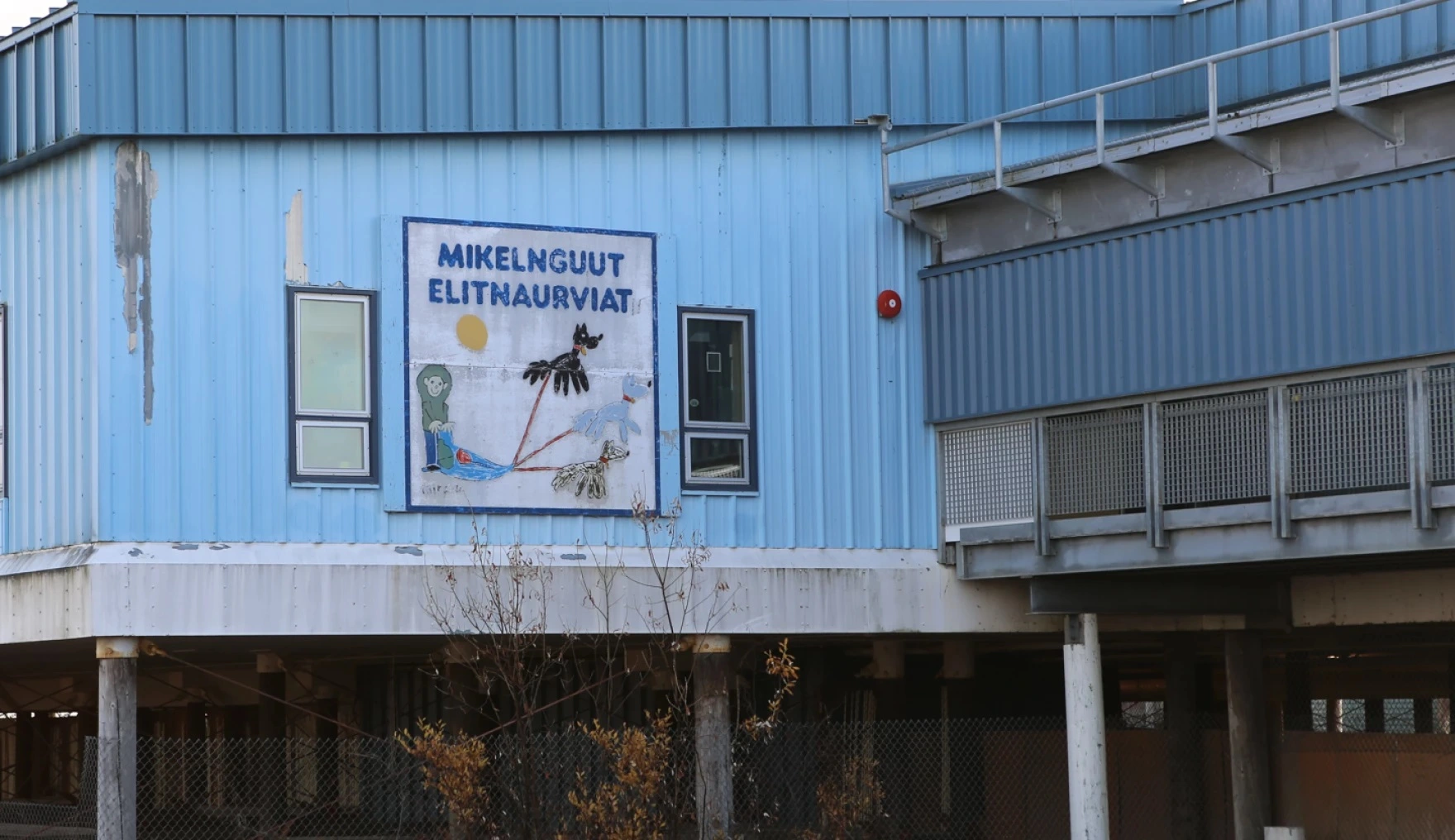
1. Inadequate and Unstable Funding:
Alaska has one of the lowest tax rates in the country, which means there isn’t much money available for education. One-time funding increases don’t help much because schools can’t plan long-term with them. Funding cuts and governor vetoes have made school funding even more unstable.
2. Disparities in Funding:
Changes in how funds are distributed could result in some schools receiving more money while others receive less. A lawsuit about using public funds for private school classes raises constitutional questions.
3. Lack of Funding for Specific Initiatives:
Initially, the House budget didn’t include money for renewable energy projects in remote areas, energy projects to address Cook Inlet gas shortages or extra funding for domestic violence victims. However, the Legislature did approve funds for the Alaska Reads Act, school meals for qualifying students, and the Arctic Winter Games.
4. The Impact:
These Alaska issues make it hard for Alaska schools to offer good and fair educational opportunities for all students. Solving these problems will need stable funding, fair distribution of resources, and targeted investments in essential areas like early literacy, energy projects, and social services.
5. Environmental Concerns:
Bethel relies heavily on subsistence hunting and fishing, but climate change is altering the availability and distribution of these resources. This has significant implications for food security, cultural preservation, and the local economy.
6. Infrastructure and Transportation:
Bethel’s remote location makes it difficult to maintain and upgrade infrastructure, including roads, airports, and utilities. This can lead to disruptions in essential services, increased costs, and limited access to goods and services.
Alaska Economic Issues:

Bethel’s economy is primarily driven by government jobs, healthcare, and social services, with limited opportunities for private-sector employment. This can lead to a lack of economic diversity, limited job opportunities, and a high cost of living.
1. Limited Access to Critical Infrastructure Funding:
- Bethel struggles to get the necessary funding for water and sewer projects.
- The State’s Rural Utility Business Advisor Program (RUBA) and Village Safe Water Program (VSW) have funds available, but accessing them is difficult due to bureaucratic hurdles and strict scoring criteria.
2. Erosion and Infrastructure Challenges:
- Thawing permafrost causes severe erosion, damaging riverbanks and waterfront property.
- Seawall efforts to prevent erosion have had mixed results.
- Erosion affects critical infrastructure, including the airport and port, requiring continuous maintenance and protective measures.
3. Economic Reliance on Government Employment:
- Bethel’s economy relies heavily on government jobs, which provide stability and year-round employment.
- Dependence on government employment helps reduce seasonal unemployment but creates challenges in addressing overall unemployment rates and income inequalities.
Housing and Homelessness:
Bethel faces a housing shortage, with many residents living in overcrowded or substandard conditions. This can contribute to health problems, social issues, and a lack of stability for families and individuals.
Final Verdict:
The Alaska issues Bethel’s citizens face are complex and interconnected, affecting various aspects of daily life. From the crisis of missing and murdered Indigenous peoples to the challenges of rural lawmaking, healthcare access, and environmental concerns, these problems require a multifaceted approach.
Addressing these Alaska issues requires collaboration among local, state, and federal governments, community organizations, and targeted initiatives. Stable funding, equitable resource distribution, and investments in critical areas such as education, healthcare, and infrastructure are essential to improving the quality of life and ensuring sustainable development for Bethel’s residents.

